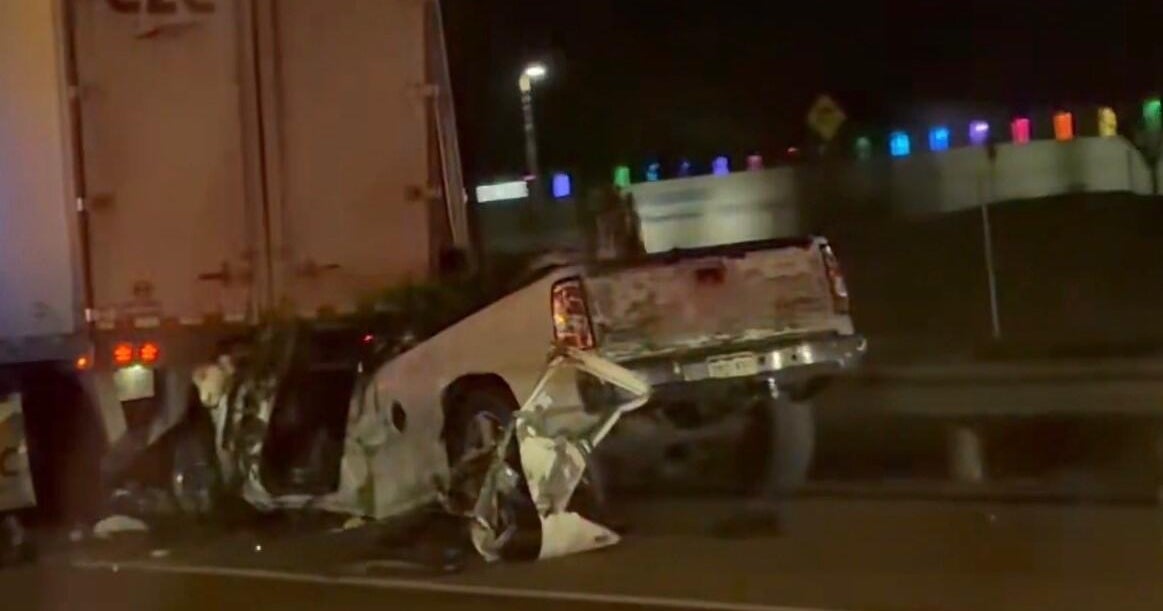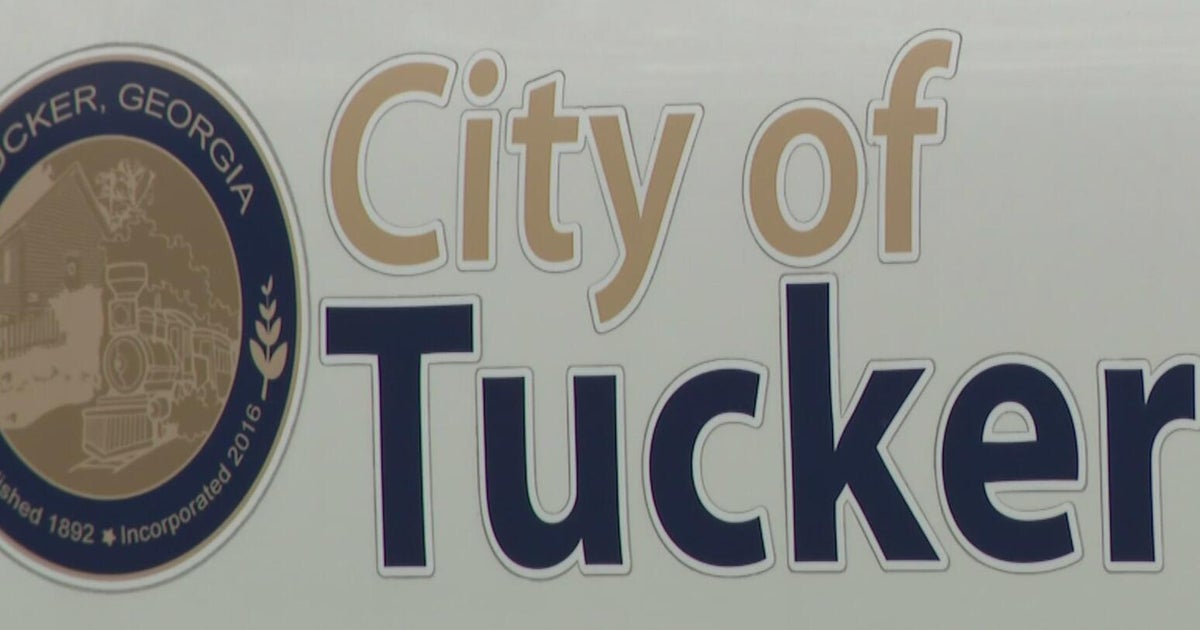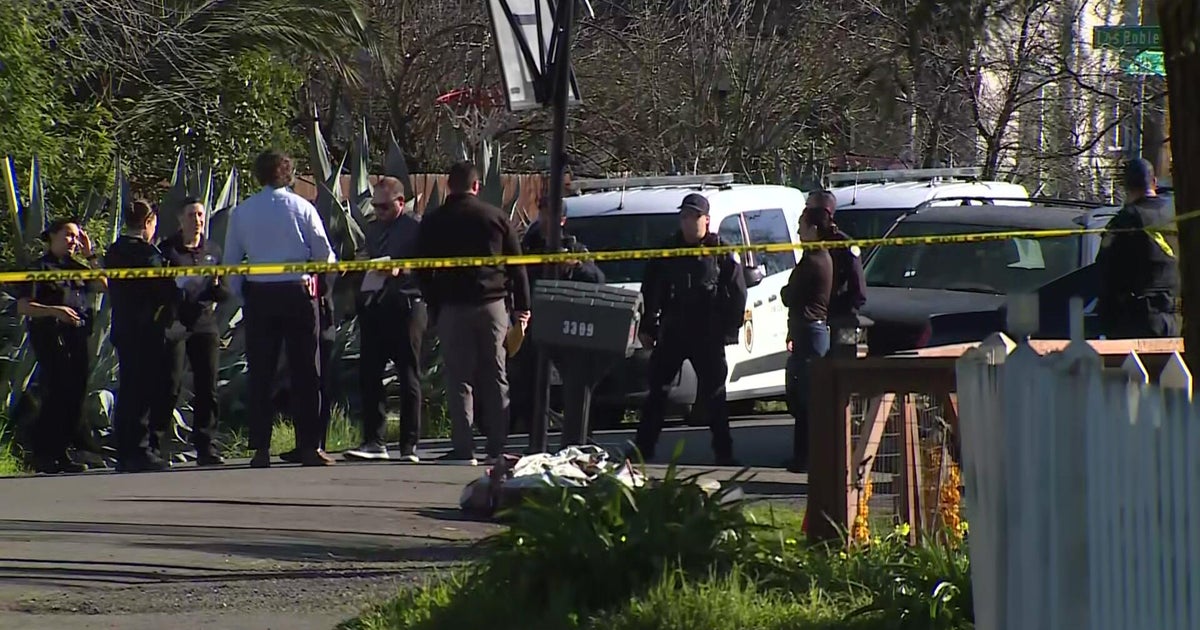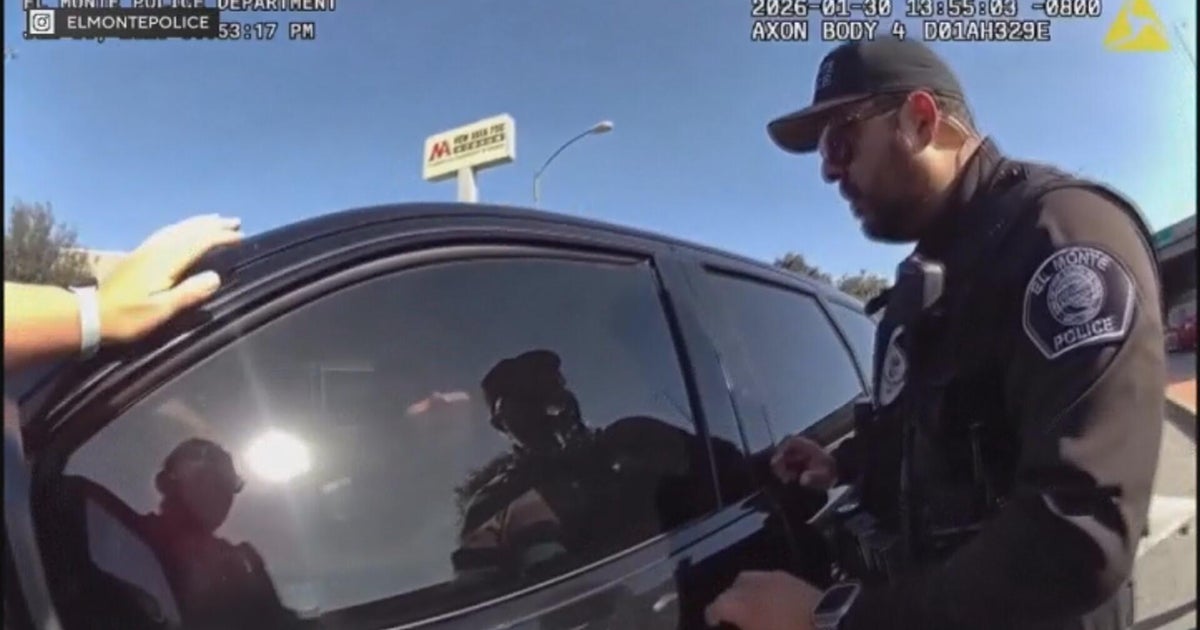Hancock: Police Restructuring Will Save Money
DENVER (AP) -- Denver Mayor Michael Hancock is restructuring the police department to put more officers on the street in an effort to save $5 million and close a projected $30 million to $50 million shortfall in the city budget each year. The move is separate from his efforts to fulfill a campaign promise of restoring public confidence in the department following a series of high profile excessive force cases.
In an interview with The Associated Press, Hancock said "flattening" the police executive ranks, as well as taking officers in customer service-type roles who sit behind desks and putting them on the streets could save money and help beef up precincts that need more patrol officers. Those areas include downtown, as well as the fast growing former Stapleton airport and Green Valley Ranch areas.
Hancock's budget for this year maintains the number of uniformed police officers at 1,445, with roughly 215 civilians as the previous two years. Hancock is also examining ways to save money in other departments, such as consolidating the city's three vehicle fleets and raising taxes and fees, though he declined to say which ones he favors. Denver's net operating budget is $1.46 billion.
A budget study group recommended generating up to $26 million a year through a trash collection fee phased in over time.
But the moves within the police department have caused a stir, with new Denver Police Chief Robert White taking criticism from within the ranks, including through an anonymous letter circulating within the department obtained by The Denver Post. Hancock said the restructuring was developed before he came to office, but he agrees with the recommendations.
"I read it and said, `this is exactly what we need to do,' and I handed it to Chief White and I said, `Welcome to Denver, this is your first responsibility,' as well as build trust," Hancock said. "He took the plan and said, `I get it.'
"I think what Chief White says puts it in the right vernacular: `If it doesn't take a gun and a badge to do the job, then you shouldn't have officers doing it.' And I think that's the critical way in which to look at it."
White, the former police chief in Louisville, Ky., has declined to publicly discuss any changes within the department, saying he's meeting with officers in precincts first.
Hancock also promised to restore public confidence in a police department in which the city has shelled out an average of $900,000 each year between 2008 and 2011 to settle excessive force lawsuits, and two high profile excessive force cases in which four officers have been reinstated after being fired. The city is appealing the reinstatement of those officers.
Last month, Richard Rosenthal -- the head of the Office of Independent Monitor that was created in 2005 following a string of deadly police shootings, including the death of an unarmed man and a developmentally disabled teen -- blasted the department for seemingly dragging its feet on internal investigations. And former manager of safety Al LaCabe, in testifying before a Civil Service Commission hearing panel in December, said there's a culture among some police officers of roughing up suspects, so long as it's not too severe.
Hancock said those criticisms don't reflect on the police force as a whole.
"If you have a perception (of brutality on the force), whether it's reality or not, we have a problem," Hancock said.
And that's where Hancock, White and manager of safety Alex Martinez -- the civilian head of the department that oversees the police, fire, sheriff's departments -- have taken immediate steps for transparency.
In the past two weeks, police have held news conferences to explain how a suspect attacked female officer with a milk crate and took her gun from her during a drug store robbery. And on Tuesday, police acknowledged mischaracterizing a traffic stop where state Rep. Laura Bradford was suspected of driving while drunk. Police reversed course and said Bradford did not invoke legislative immunity, which under the constitution prevents lawmakers from being arrested while they're on their way to and from their legislative duties.
"That is really our intentional effort to be transparent and to hold each other and the entire department accountable," Hancock said. "There was none of that, `we don't have a comment.'
"We admitted there was a mistake and we'll look into the actions of the sergeant and get it corrected."
By P. Solomon Banda AP Writer (© Copyright 2012 The Associated Press. All Rights Reserved. This material may not be published, broadcast, rewritten or redistributed.)







